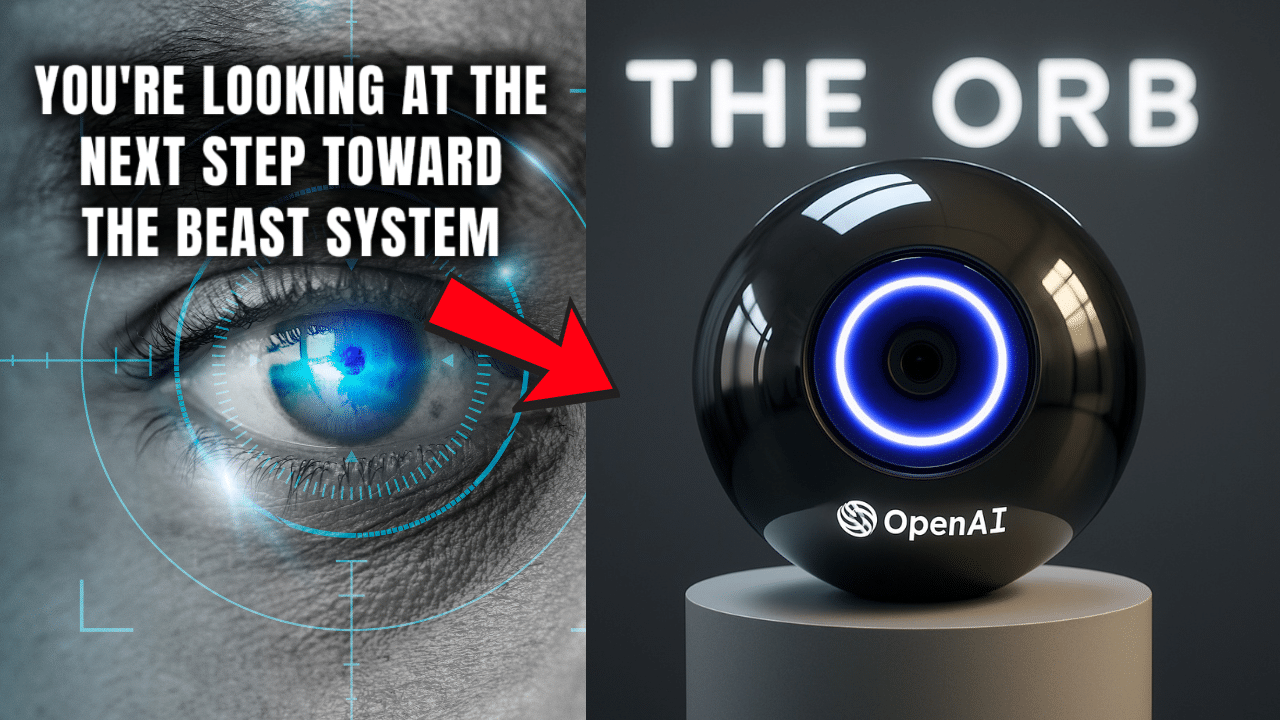Tech companies are racing to upgrade chatbots like ChatGPT not only to offer answers, but also to take control of a computer to take action on a person’s behalf.
Experts in artificial intelligence and cybersecurity warn the technology will require people to expose much more of their digital lives to corporations, potentially bringing new privacy and security problems.
In recent weeks, executives from leading AI companies including Google, Microsoft, Anthropic and OpenAI have all predicted that a new generation of digital helpers termed “AI agents” will completely change how people interact with computers.
They claim the technology, set to be a major focus of the industry in 2025, will initially automate mundane tasks like online shopping or data entry and eventually tackle complex work that can take humans hours.
“This will be a very significant change to the way the world works in a short period of time,” OpenAI CEO Sam Altman said at a company event in October. “People will ask an agent to do something for them that would have taken a month, and it will finish in an hour.”
OpenAI has said agents will benefit from its recent work on making AI software better at reasoning. In December, it released a system called O1, now available through ChatGPT, that attempts to work through problems in stages.
Although ChatGPT alone has 300 million weekly users, OpenAI and rivals such as Google and Microsoft need to find new ways to make their AI technology essential.
Tech companies have invested hundreds of billions of dollars into the technology over the past two years, a huge commitment that Wall Street analysts have warned will be challenging to recoup.
One ambitious goal of companies developing AI agents is to have them interact with other kinds of software as humans do, by making sense of a visual interface and then clicking buttons or typing to complete a task.
AI firms are launching and testing versions of agents that can handle tasks such as online shopping, booking a doctor’s visit or sifting through and replying to emails.
Salesforce and other providers of business software are already inviting their customers to create limited versions of agents to perform tasks such as customer service.
In a recent demo at Google’s headquarters in Mountain View, California, an AI agent developed by the company’s DeepMind AI lab called Mariner was given a document containing a recipe and told to buy the ingredients online.
Mariner, which appeared as a sidebar to the Chrome browser, navigated to the website of the grocery chain Safeway. One by one, the agent looked up each item on the list and added it to the online shopping cart, pausing once it was done to ask whether the human who had given Mariner the task wanted it to complete the purchase.










